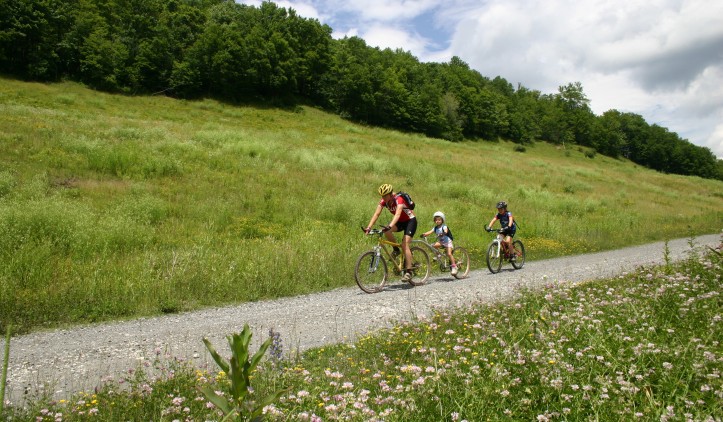The National Park Service said the Steep Valley fire was first reported on Monday, Nov. 6 and is now 78 percent contained. The fire continues to burn minimally in steep and rugged parts of inaccessible terrain.
The Steep Valley fire has burned more than 2200 acres of the New River Gorge National Park and Preserve.
The National Park Service said the Steep Valley fire was first reported on Monday, Nov. 6 and is now 78 percent contained. The fire continues to burn minimally in steep and rugged parts of inaccessible terrain.
Hunters and visitors are advised to avoid the War Ridge and Backus Mountain areas near Meadow Bridge in Fayette County.
A helicopter was brought in on Wednesday to perform aerial water drops using water from the New River. On Thursday, crews continued to monitor existing fire lines with strategic controlled burns to burn out pockets of fuel to help strengthen existing lines.
“We appreciate all the dedicated crews and the countless hours they have put in while working the fire. We will continue to monitor the fire and focus on firefighter safety,” said Nate Orsburn, incident commander trainee for the Steep Valley Fire. “We would like to thank the community for their hospitality, support, and patience since the beginning of this challenging fire, it hasn’t gone unnoticed.”
State Forester and Director of the WV Division of Forestry (WV DOF), Jeremy Jones said the public is asked to refrain from calling local county emergency services centers to make smoke complaints.
“This is an effort to reduce false alarm calls that can pull resources away from local volunteer fire departments,” Jones said. “However, if you see a fire or column of smoke rising from a specific place, please call 911 immediately.”
To date, only one minor injury to a firefighter has been reported. The cause of the Steep Valley fire remains under investigation.
Meanwhile, as of 10 a.m. Thursday morning, 33 firefighters remained on the site of a 100-acre fire just off Forest Road 947 in the Monongahela National Forest in Pocahontas County. They included crews from the Boise National Forest, Tonto National Forest, Modoc National Forest, Klamath National Forest, Nevada Bureau of Land Management, and the Job Corps.
So far this year, West Virginia has experienced 916 fires, burning approximately 11,340 acres. One hundred and fourteen of those fires have happened since Oct. 1.
Monongahela National Forest Public Affairs Officer Kelly Bridges said the drier weather is fanning the flames.
“West Virginia’s having a very dry fall and in the afternoons when it heats up we’re getting down to really low humidities and that’s what can make these fires grow,” she said.
The National Weather Service said it has predicted rain for Friday.
Fall fire season started Oct. 1 and continues through Dec. 31. The WV DOF reminds residents to make sure all campfires are completely out when leaving an area. For burning guidelines visit West Virginia state fire laws.
For more information and updates on current fire conditions in West Virginia, visit InciWeb or the U.S. Forest Service – Monongahela Forest Facebook page.
